A Toolkit for Data Transparency Takes Shape
A simple software toolset can help to ease the pain of reproducing computational analyses.
A simple software toolset can help to ease the pain of reproducing computational analyses.
Peer reviewers have the right to view the data and code that underlie a work if it would help in the evaluation, even if these have not been provided with the submission. Yet few referees exercise this right.
To keep authorship fair, journals in all fields should list authors based on their contribution rather than in alphabetical order.
25 technologists, activists, and scientists will spend the next 10 to 12 months creating a more secure, inclusive, and decentralized internet.

Chan Zuckerberg Science Initiative's approach to accelerating science and curing disease.
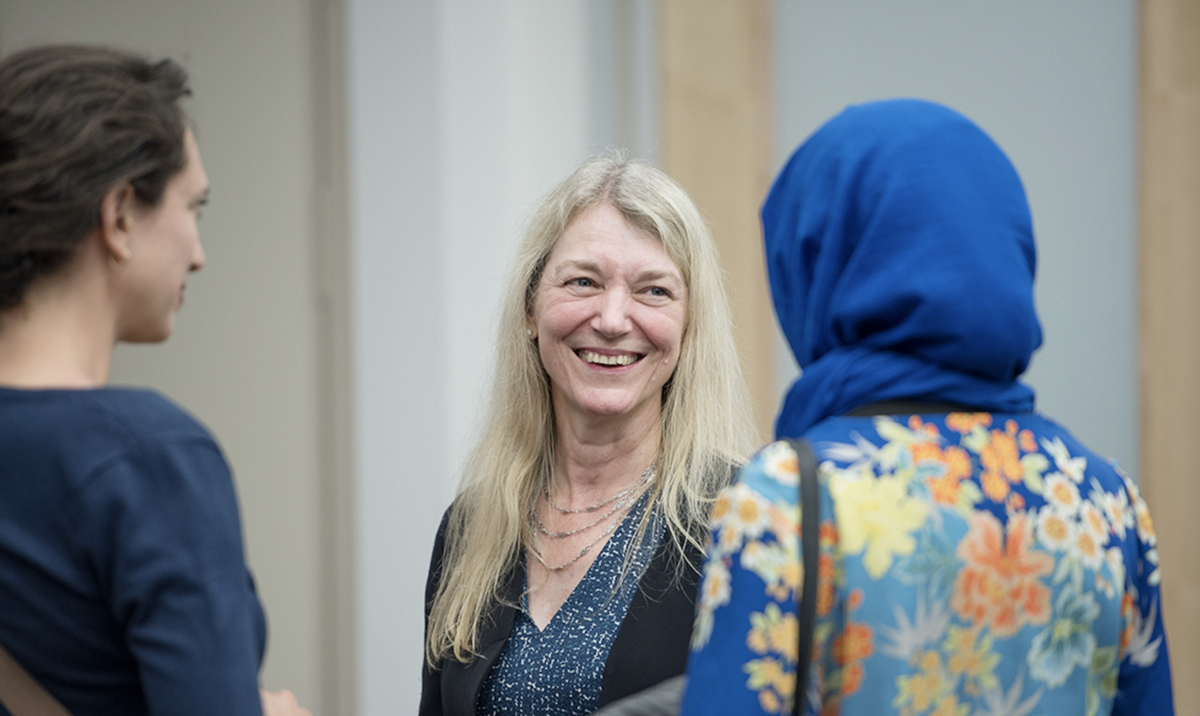
The obsession with internationalization had resulted in priority being given to overseas scholars and graduates and has diminished graduates of many top domestic universities to second or third-class status.
Springer Nature announced a collaboration with Watson Health to expand and enhance the integration of valuable genomics.
Find out how scholarly articles are cited on Wikipedia with WikiCiteVis.
Here’s how China rules using data, AI, and internet surveillance.

Just like judges and politicians, researchers may overstate their confidence in a claim. To truly assess their confidence, something needs to be on the line.
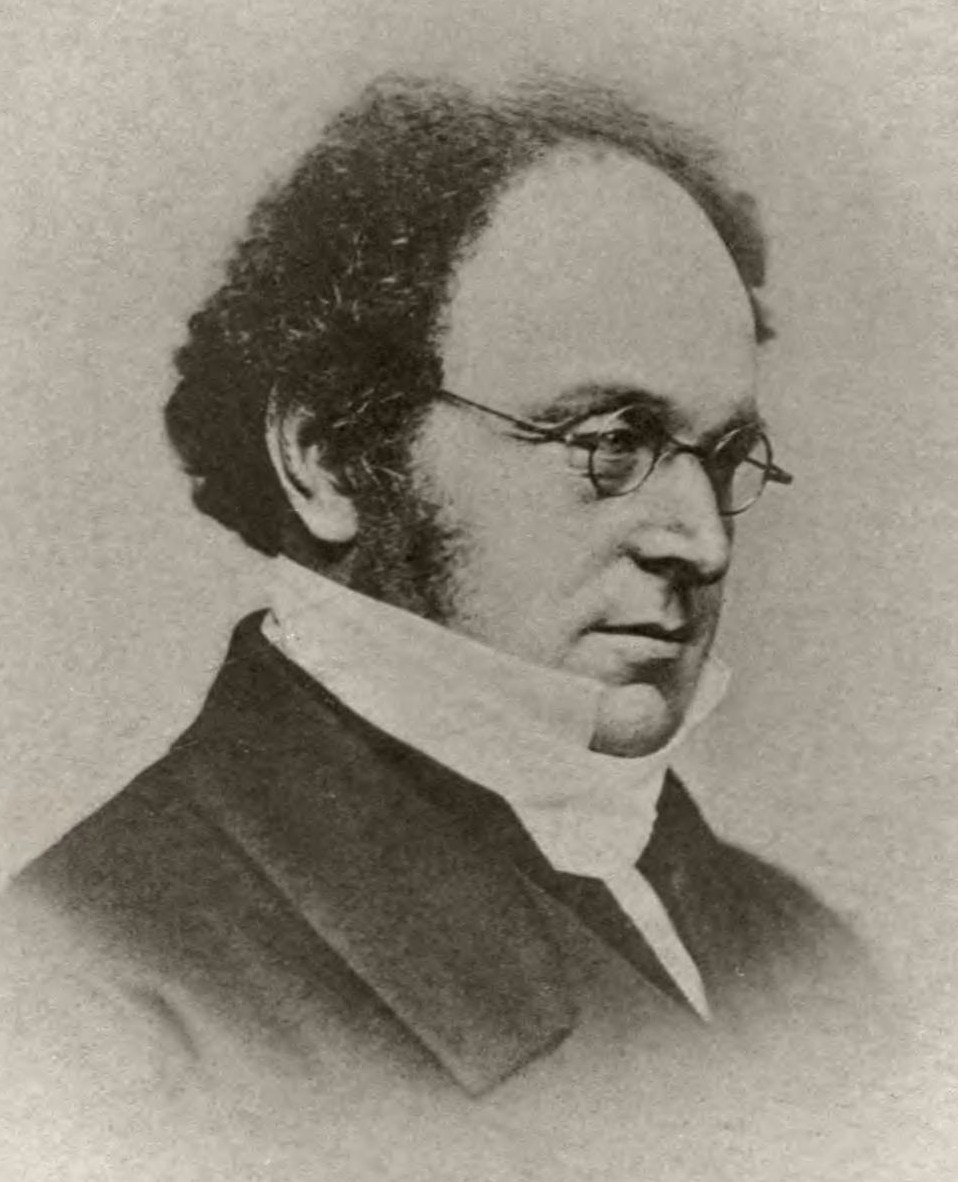
Study attempts to reproduce values reported in 35 articles published in the journal Cognition revealed analysis pipelines peppered with errors. Elements of a reproducible workflow that may help to mitigate these problems in future research are outlined.
Many efforts are underway to promote data sharing in psychology, however it is currently unclear if the in-principle benefits of data availability are being realized in practice. In a recent study, we found that a mandatory open data policy introduced at the journal Cognition led to a substantial increase in available data, but a considerable portion of this data was not reusable. For data to be reusable, it needs to be clearly structured and well-documented. Open data alone will not be enough to achieve the benefits envisioned by proponents of data sharing.
This publication provides an overview of some practical tools and strategies that researchers can implement in their own workflow to increase replicability and the overall quality of psychology research.
Journalists covering crime or education are not typically expected to have a degree in those subjects. But science journalism is often considered a more technical and knowledge-heavy beat. This article examines advantages and drawbacks of becoming a science reporter from a variety of backgrounds.

Online technologies make it easy to share precise experimental protocols - and doing so is essential to modern science, says Lenny Teytelman.
Celebrating Science Booster - Switzerland's only platform for science crowdfunding.
There’s a real problem behind this Twitter spat.

26 ways that digital ledger technology could be deployed by school districts, networks, postsecondary institutions and community-based organizations to improve learning opportunities.
The Global State of Young Scientists Africa project investigates the challenges that shape the career trajectories of young African scientists.

A look at the journey psychology has made toward becoming a robust and mature science.
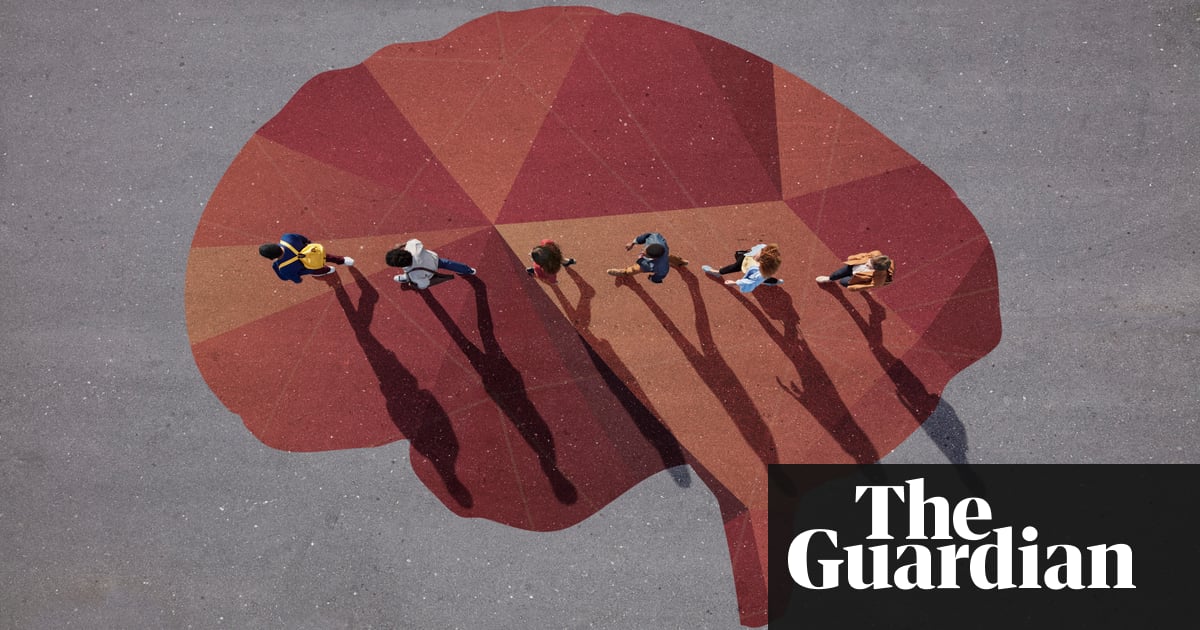
Are you in the process of starting an open access journal, or are you planning to transition an existing journal to an OA publishing model? In this post we break out all the steps to get an OA publication up and running.

The campaign may have increased misperceptions that the science on the safety of vaccines isn’t settled - as is the case - but rather subject to debate.
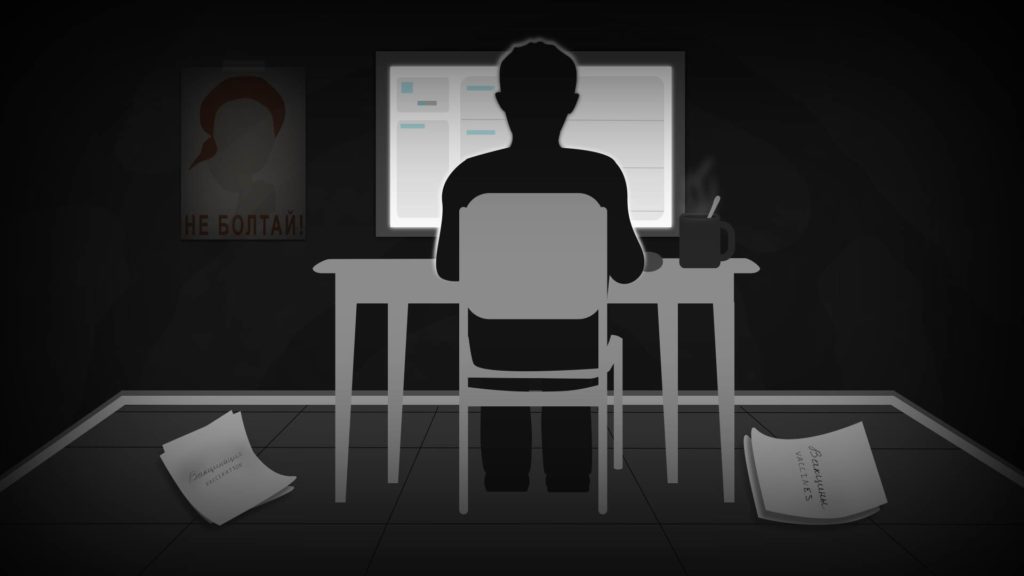
Announcing R4R to connect authors to peers
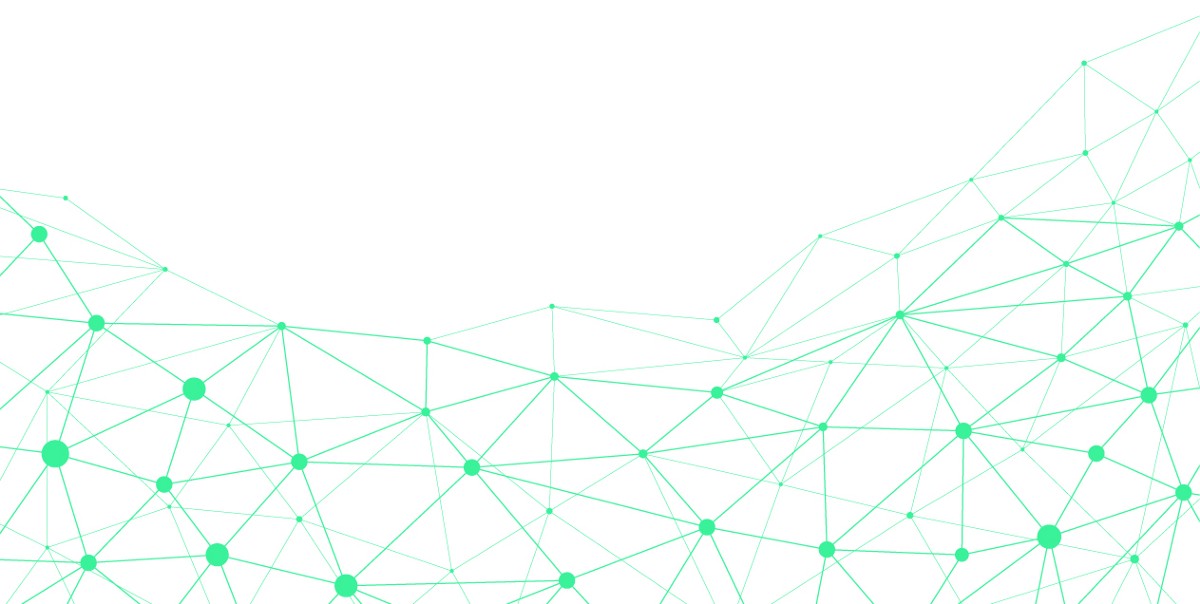
Dimensions by Digital Science (owned by Holtzbrinck Publishing) is a new database that includes not only data about publications and their natural associated citation graph, but also awarded grant data, patent data and clinical data and altmetric attention data.

Speakers inadvertently prepare presentations for themselves rather than their audiences. A few mental exercises can help presenters to avoid this pitfall.
Genetic analysis uncovers a direct descendant of two different groups of early humans.
A strategic kick-off workshop on Reproducibility and Replication with the goal to define the optimal set-up of the activities of the newly opened Center for Reproducible Science (CRS) at the University of Zurich.